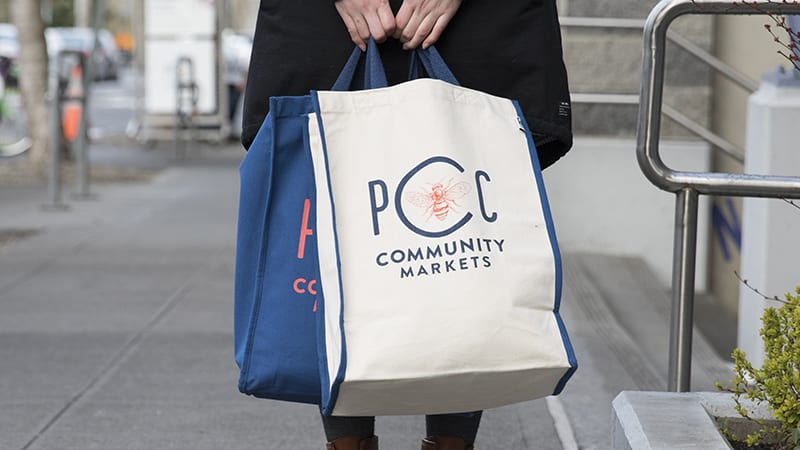PCC, Industry Stakeholders Consider Next Steps for Regenerative Agriculture

Retail co-op PCC Community Markets recently hosted PCC’s Convening on Regenerative and Organic Food Systems, wherein the retailer worked with roughly 85 food system leaders representing 55 organizations to consider the next steps for regenerative agriculture. The event addressed issues facing growers, producers, and retail outlets that distribute regeneratively-grown crops.
PCC said that regenerative agriculture is inconsistently defined and as a result, it and other retailers have seen a spike in unverifiable claims that products are regenerative or produced via regenerative agricultural practices.
"Regenerative agriculture is a growing movement aimed at rebuilding soil health, promoting biodiversity, and countering climate change. Additionally, it also includes significant components surrounding animal welfare and fair trade. At its best, a regenerative food system can change our food and fiber systems by drawing down atmospheric carbon, fostering healthier communities, increasing farm resilience, and reaping more abundant yields," according to PCC.
The lack of industrywide standards means an increasing risk that unverified claims will undermine the integrity of organics or lead to greenwashed marketing and misled consumers, said PCC.
“Regenerative agriculture is at a critical crossroads, where inconsistent definitions could result in a loss of consumer trust and erosion of the value of the ‘regenerative’ label claim. We need to ensure that farmers following truly regenerative practices are not undercut by greenwashing competitors,” said Joe Dickson, co-founder and head of standards & policy at Merryfield, during the event.
The event also explored regenerative agriculture’s legacy in Indigenous practices and the relationship between regenerative and organic agriculture.
“Tribal communities managed regenerative food systems for thousands of years across the Pacific Northwest before colonialism created the exploitative, extractive, industrialized, and commoditized food systems of today,” said PCC director of purpose, Mike Wenrick, in a statement. “Exploring regenerative agriculture requires both learning from Indigenous practices and respecting their rights to and knowledge of land stewardship. Embracing regen ag in the spirit of Indigenous wisdom offers a pathway towards healing the land and how we eat.”
